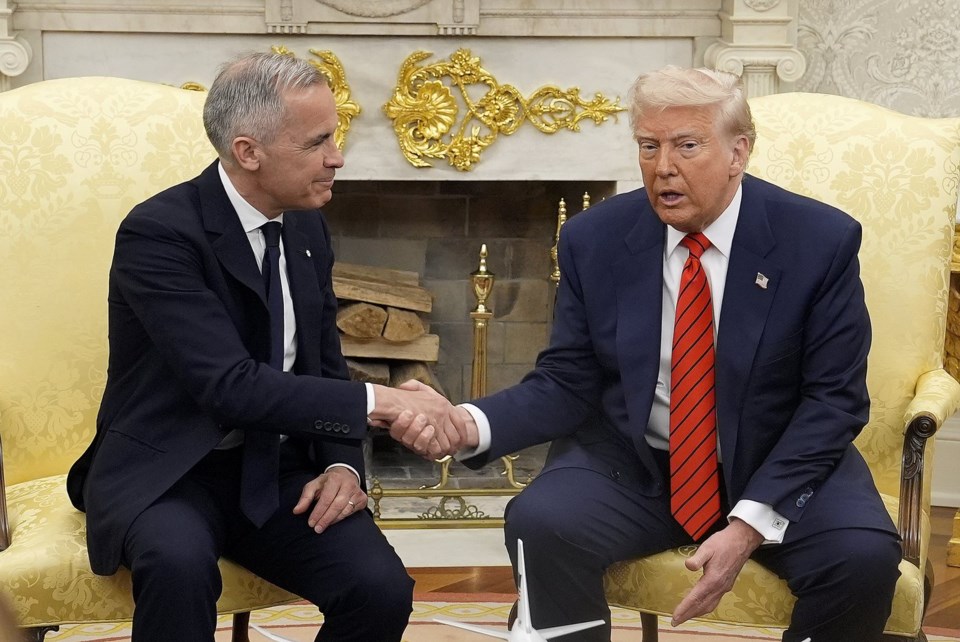A new national poll reveals that a majority of Canadians support imposing retaliatory tariffs in response to foreign trade measures seen as unfair — a stance that contrasts with the Canadian government’s more cautious, diplomatic approach.
According to the survey conducted by Nanos Research, a significant proportion of Canadians believe that the federal government should respond more assertively to international trade actions, particularly those from the United States or other economic partners that impose duties or restrictions targeting Canadian industries. The poll found that more than 60% of respondents favor retaliatory measures to defend Canada’s economic interests.
However, Prime Minister Justin Trudeau’s government is charting a more measured course. Officials in Ottawa have stated that while they understand public frustration, especially among manufacturers and exporters, their priority remains preserving long-term trade stability and avoiding a tit-for-tat escalation that could harm the broader economy.
“We are aware of the strong public sentiment,” said Deputy Prime Minister and Finance Minister Chrystia Freeland. “But our focus remains on constructive engagement and protecting Canadian jobs through diplomacy, not retaliation.”
This strategic restraint has sparked debate among economists, business leaders, and political analysts. Supporters of the government’s stance argue that retaliatory tariffs could provoke trade wars, increase consumer prices, and strain critical supply chains. Critics, however, believe a tougher response is necessary to show strength and deter further trade aggression.
The poll comes at a time when several key sectors — including steel, aluminum, agriculture, and forestry — are facing mounting pressure from foreign tariffs and protectionist policies. In past years, Canada has engaged in measured retaliatory responses, such as during the 2018 U.S. steel and aluminum tariffs dispute under the Trump administration. But Ottawa has recently shifted toward resolving disputes through international trade bodies and multilateral negotiations.
Trade experts suggest that the divergence between public opinion and government policy highlights a broader challenge: balancing national pride and economic justice with the complexities of global trade diplomacy.
“There’s a real appetite among Canadians to stand up for ourselves,” said political economist Claire Desjardins. “But the government has to weigh the consequences of retaliation on inflation, exports, and international alliances.”
As Ottawa continues to manage international trade tensions, it faces increasing pressure to show that its approach delivers results for Canadian businesses and workers. With federal elections on the horizon, public opinion on trade and economic sovereignty could become a significant political issue.
For now, Ottawa remains firm in its commitment to diplomacy-first, but with rising nationalistic sentiment and economic anxiety, the debate over tariffs and trade retaliation is far from over.
Source : The Canadian Press


